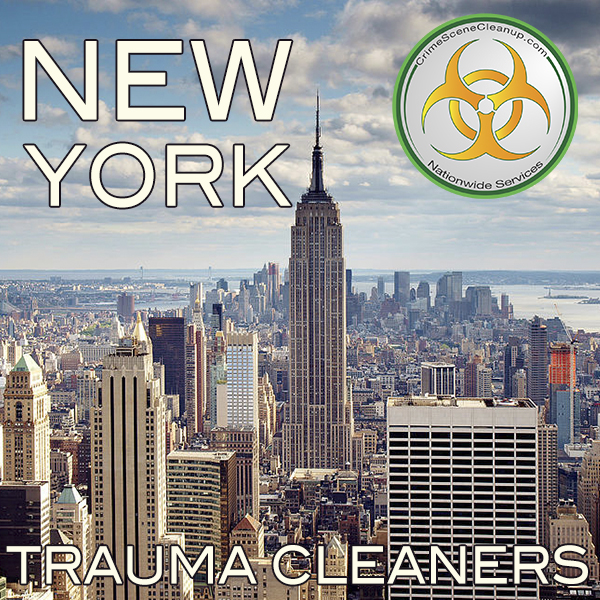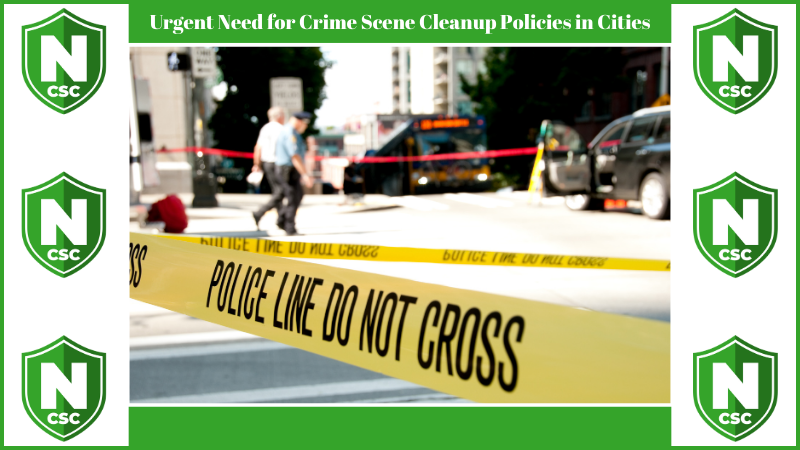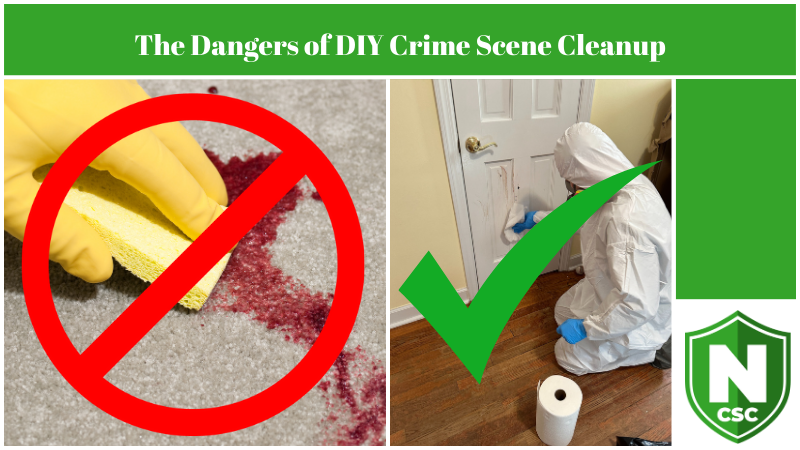Challenges involved in Crime scene cleanup and blood cleanup services

There is this perception that crime scene cleaning is without its own challenges. The truth is that this industry is fraught with numerous risks. Although crime scene cleaners are well-trained, talented and skilled in handling all biohazard materials, they are people too. Many people expect these professionals to work tirelessly to guarantee their safety without complications. Realistically, every job has its own advantages and disadvantages.
Here are 4 challenges crime scene cleanup technicians face in their line of duty;
- It is easy to suffer psychological disorders
Cleaning suicide, homicide, road accidents or unattended death scenes is never an easy task. Some of these crime scenes are too messy for some professional technicians. This industry is all about protecting the victims from infectious blood-borne pathogens, bodily fluids, odors and traumatic experiences. Property owners/victims expect these professionals to observe thoroughness in their crime scene cleanup duties and nothing less regardless of how messy some scenes can be. Some specialists develop psychological disorders such as stress, anxiety, depression and irritability as a result of handling stomach sickening crime scenes. It is common for well-trained and vastly experienced crime scene cleaners to hand over their resignation letters after realizing that they can no longer stomach the sight of blood.
- Customers have exaggerated expectations
This is one of the major challenges crime scene technicians face in their line of work. Some clients can be unreasonable, mean and overwhelming. It is common for crime scene cleaning clients to have unrealistic expectations. These professionals are expected to handle dangerous biohazard materials, clean highly infectious blood and other bodily fluids for the purpose of crime scenes restoration. Demanding these specialists to restore crime scenes effectively while providing their clients with great customer care, respecting their privacy and sensitivity can be too much. It is imperative to remember that professional crime scene cleaners do everything in their power to protect you from risky blood-borne pathogens, save you money/time, protect your property value, help you began your emotional recovery and handle legal obligations.
- Handling perilous Biological Fluids/biohazard materials
Although crime scene cleanup specialists are normally immunized and vaccinated against hepatitis among other communicable diseases, it does not guarantee their 100% safety. Every crime scene cleaning experience comes with its own risks. Handling of perilous and infectious biological fluids from a homicide, unattended death, tragic accident or suicide crime scene can result in contraction of chronic diseases such as Hepatitis B or C and AIDS/HIV among others. In addition to that, blood cleanup professionals are at risk of suffering from lung, kidney, or liver damages due to the usage of highly poisonous biohazard material cleaning chemicals. In some instances, these chemicals can cause partial or permanent blindness to crime scene cleaners.
- Improper personal protective equipment
Some employers can be ruthless, unrealistic and greedy. They prioritize on profit making rather than on their crime scene cleanup technicians’ safety. Lack of proper personal protective equipment can make professional crime scene cleaners vulnerable to MRSA, HIV/AIDS, and Hepatitis among other health complications. It is important for crime scene cleanup companies to provide their technicians with quality, well fitting, clean and well-maintained protective equipment with an aim of safeguarding their safety.
Despite all the above challenges, NCSCA in New York is fully dedicated to protecting you from psychological trauma through our reliable and affordable crime scene cl



